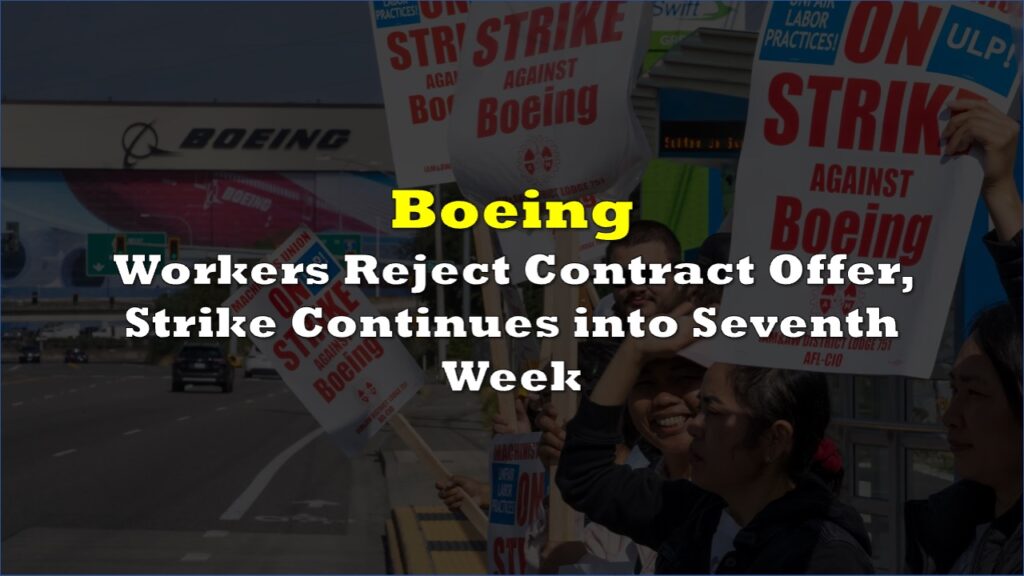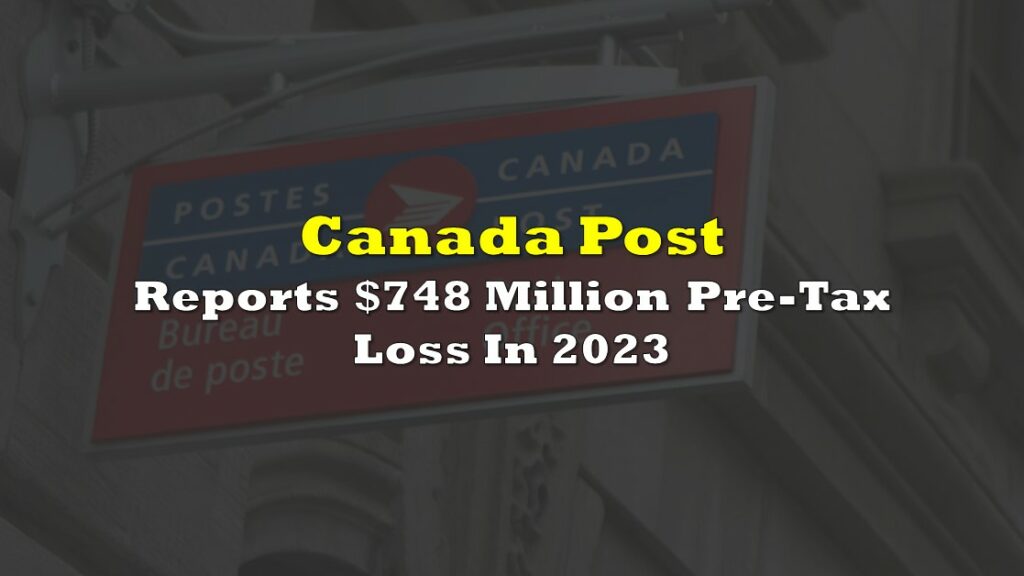Canada Post has begun laying off workers amid an ongoing national strike, as mediation efforts between the postal service and its union have stalled with both sides remaining far apart on critical issues.
The Crown corporation confirmed the temporary layoffs in an emailed statement, citing “adjustments to our operations, as allowed under the Canada Labour Code,” during the work stoppage that began November 15.
Oops. https://t.co/3mTB5tLhCK pic.twitter.com/dDwPshKwuB
— red pill rick (@igetredpilled) November 28, 2024
The Canadian Union of Postal Workers (CUPW), representing 55,000 striking employees, called the layoffs a “scare tactic” in a notice issued November 25. “We’ve heard stories that it may be more permanent,” the union stated, urging members not to panic.
Labour Minister Steven MacKinnon said Wednesday that federally appointed mediation efforts have been suspended, after summoning both sides to his office in Ottawa. He ruled out government intervention, saying binding arbitration is “not in the cards.”
The strike has disrupted nearly 10 million parcels, a number expected to grow during the Black Friday and holiday season. Canada Post said previously expired collective agreements no longer apply and employment terms have changed.
“Unfortunately the strike drags on and the uncertainty for our employees and Canadians continues,” the postal service said. The corporation, which reported a third-quarter loss of $315 million before taxes and has lost more than $3 billion since 2018, is pushing for operational changes including seven-day-a-week parcel delivery, calling it “essential for the future of the company, and critical to our ability to afford the offers.”
Labour lawyer Deborah Hudson called the layoffs unprecedented and expects legal challenges from the union. CUPW members held a rally Thursday at Canada Post’s Ottawa headquarters as the strike enters its third week with no resolution in sight.
Information for this story was found via Bloomberg, and the sources and companies mentioned. The author has no securities or affiliations related to the organizations discussed. Not a recommendation to buy or sell. Always do additional research and consult a professional before purchasing a security. The author holds no licenses.









